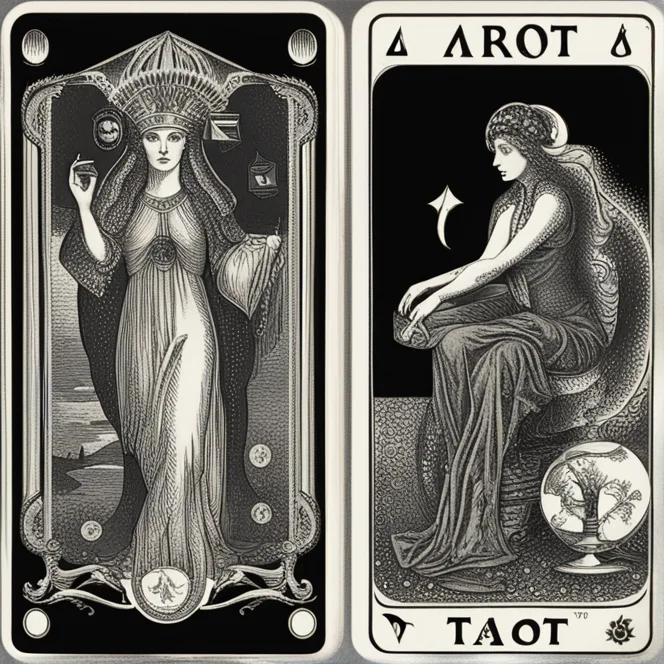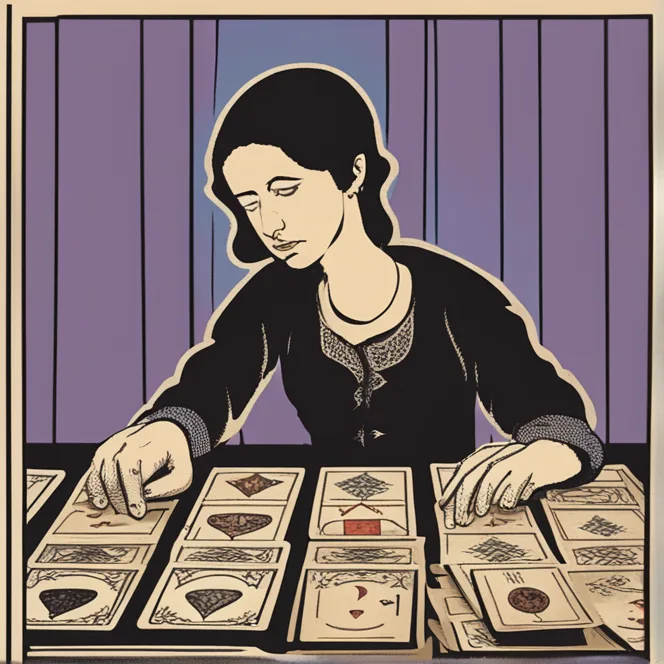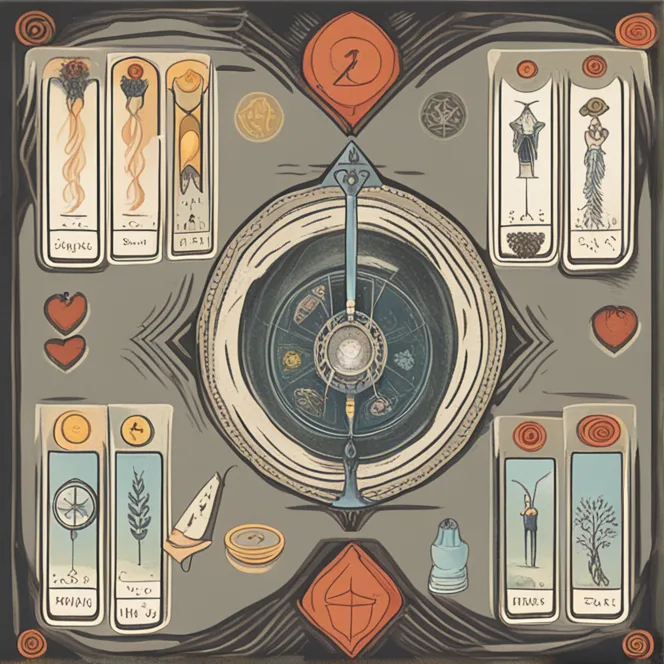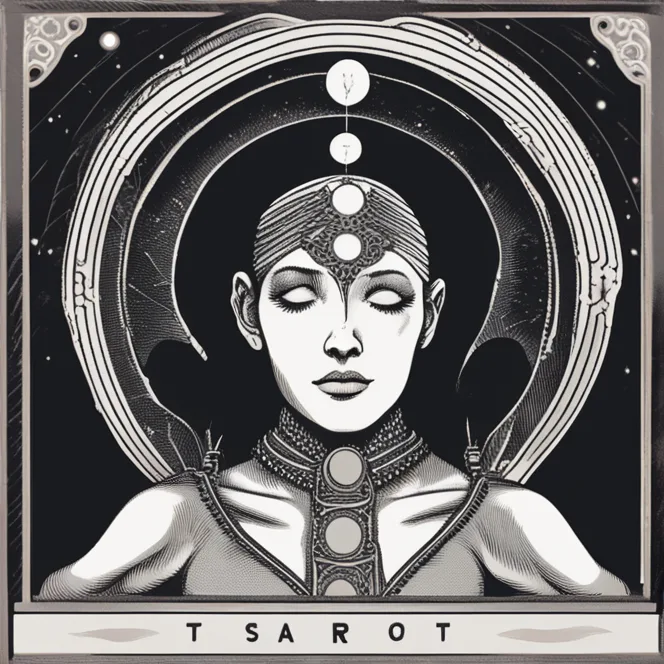
The Intrigue of Tarot Cards
Tarot cards have captivated humanity for centuries. Originating as playing cards in the 15th century, they evolved into a tool for divination. The vibrant imagery and symbolic representations are believed by some to convey messages from the supernatural realm. However, skeptics argue that tarot readings are interpretations based on human insight rather than otherworldly forces. This dichotomy adds to the allure of tarot, as practitioners and enthusiasts seek answers within its enigmatic illustrations.

Supernatural Claims Examined
Claims of the supernatural aspect of tarot cards often encompass beliefs that they possess the power to foretell the future and reveal deep personal truths. This is attributed to the idea that tarot cards act as a conduit connecting individuals to higher planes of existence or to the collective unconscious. While compelling, these claims have eluded scientific validation. What remains undisputed, however, is the profound impact tarot readings can have on individuals, often resulting in moments of meaningful introspection.

The Skeptics' Viewpoint
Skeptics of tarot’s supernatural elements point to psychological phenomena like the Forer effect, which explains why general statements often found in readings can seem incredibly personal. Additionally, the practice of cold reading, where readers use cues and broad statements to convince clients of their supposed psychic abilities, is also cited. These psychological underpinnings suggest that the power of tarot may reside more in the mind's capacity for pattern recognition and meaning-making than in any mystical source.

A Tool for Reflection
Many tarot enthusiasts view the cards less as a supernatural oracle and more as a reflective tool. The archetypical imagery can act as a mirror for the psyche, prompting personal insight and self-awareness. In this light, tarot readings become a form of therapeutic dialogue, with the reader guiding the querent to explore different perspectives on their life situations, which can be incredibly valuable regardless of one's belief in the supernatural.

Empirical Evidence and Research
Despite numerous anecdotal experiences, empirical evidence of tarot's supernatural capacity is sparse. Researchers often attribute the accuracy of readings to the skill of the reader in storytelling and understanding human nature. However, the lack of definitive evidence has done little to dampen the fascination with tarot, and it continues to hold an important place in spiritual and popular culture, with the practice experiencing resurgence among younger generations seeking personal enlightenment.
The Future of Tarot: A Look Ahead
As we gaze into the future, specifically from 2024 and beyond, tarot's role in culture may evolve alongside our interpretations of spirituality and intuition. Astrological forecasts indicate a period of heightened collective spirituality, which might further popularize tarot and similar practices. In this environment, discussions around the supernatural elements of tarot will likely intensify, as more individuals turn to this ancient practice for guidance on life's complexities.
Concluding Thoughts
Ultimately, whether tarot cards are deemed supernatural may depend on individual belief systems. While they remain objects of scientific skepticism, they hold a mystical charm that continues to draw seekers and the curious. Respecting the tarot as either a supernatural phenomenon or a psychological tool acknowledges its power to inspire reflection and offers insights—supernatural or not—into the human condition.
Published: 12/15/2023
Modified: 12/15/2023
More predictions
Come back here soon to learn more about yourself and your future


First Steps In Tarot Reading
Indulge in the basics of tarot reading with simple spreads for beginners.


The Meanings Behind Tarot Cards
Delve into the rich symbolism and significance of tarot cards and their meanings across the Major and Minor Arcana.


The Distinct Worlds Of Tarot & Oracle Cards
Discover the differences between tarot and oracle cards in divination practices and how they can guide you in your spiritual journey.